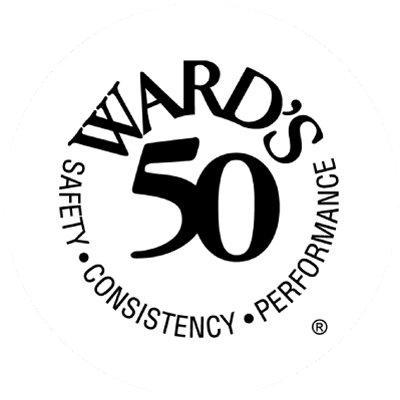With the average home loan term between 15 and 30 years, make sure you’re ready to take on the big responsibility and cost of home ownership and all it entails before you start the home search process. Here are a few things to consider:
Determine your house budget and save for the down payment
- Review your budget. Look at areas of your budget where you may be able to reduce expenses, and put extra money in a high-yield savings account or other money-making account.1
- Set up a dedicated savings account just for your home buying costs. A general rule is to spend no more than 28% of your income on housing-related payments each month.2 If you earn a monthly income of $4,000, for example, your monthly mortgage payment shouldn’t exceed $1,120.
Remember principal, interest, taxes and insurance
- Mortgage payments are composed of the principal and interest, which go toward paying for your loan and interest. Taxes and insurance must be included as part of your other expenses, such as your annual property tax bill and homeowners insurance.
Down payments
- The larger your down payment, the better your interest rates and terms. You’ll also reduce your loan and have more equity in your home.
Your credit and credit score
- Your credit score is one of the key factors that determines whether you qualify for a mortgage and what your interest rate will be. Review your credit score and credit report, correct any mistakes, and pay your bills on time.3
Look for first-time home buyer programs
- Look into your city or state housing agency’s first-time home buyer program, which can help lower the costs of home ownership. You may be able to receive down payment or closing cost assistance.4
Get a mortgage preapproval
- Get a mortgage preapproval, in which a lender reviews your overall financial background, looks at your credit and provides an estimated loan amount and interest rate.5 The pre-approval letter from a lender shows you’re approved for a mortgage for a certain amount. This not only shows a home seller that you can afford the house and that you’re serious about the purchase.6
Look into various loan programs
- There are various loan assistance programs that can help you. For example, if you can only afford a small down payment, Federal Housing Authority, USDA and VA loans all provide help. Some require only a small down payment, or none in some cases.
Choose the right mortgage lender
- Look at banks and credit unions as well as mortgage brokers and other lending services.7 Get quotes from between three and five lenders, comparing all costs, both upfront and over time. Look at the annual percentage rate, added fees and what the total cost of the loan will be.8
Find a good real estate agent
- Talk with friends, family or other acquaintances to get recommendations for a real estate agent that best suits your needs and who knows the area in which you’re looking. In addition, remember to negotiate their commission fee.9
Choose the right neighborhood
- Explore not only houses but their neighborhoods. Look at items such as crime rates, schools, and distance to work or other amenities.
Find a good home inspector
- For a few hundred dollars, a home inspector will investigate the property, looking for any safety hazards and problems. Getting a good home inspectionis important so you know that you are buying a safe, sound property that’s worth the money, and also gives you information which can be used when negotiating the price with the seller.10
Keep additional funds on hand
- Don’t use up all your savings to make a down payment, as unexpected costs may creep in. Keep your emergency fund strong, holding about three to six months’ worth of your living expenses. Don’t forget to have some additional funds on hand to cover extra expenses, such as home maintenance and repairs.11
Prepare for closing day
- Closing costs are another area many people don’t consider when buying a home. Closing costs go to your lender as a fee for arranging loan services, including items such as attorney fees and appraisal fees, among others.12
Purchase homeowners insurance
- For those obtaining a mortgage for their home (which is most people) the lender will require homeowners insurance.13 Even if you don’t need a mortgage, homeowners insurance is still necessary as it helps protects you against losses such as fire and wind damage.
- Shop before closing, as most lenders want evidence of insurance. The more time you give the insurance agent, too, the more time they’ll have to determine appropriate coverage.
- And remember, homeowners insurance is designed to cover large losses, not routine maintenance.
If you live in New York State, you can insure your home with Merchants! Click here to learn about our homeowners coverage.
Sources:
1, 4, 6, 8, 10. Credible
2, 5, 7, 9, 11. Lending Tree
3. Motley Fool



